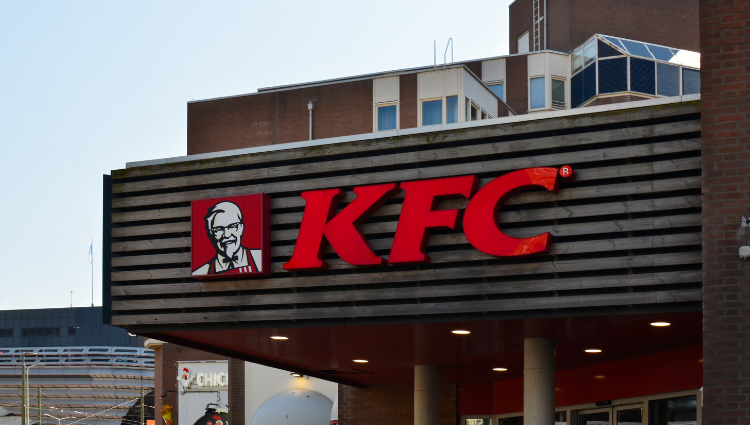A descriptive brand name is a business’s name, trademark, or logo that precisely expresses what the company does or what its goods and services are. Because descriptive names are so generic, it is difficult to recall a brand quickly. Additionally, if other businesses use similar names or provide comparable goods, there is a chance that customers will become confused.
With a descriptive brand name, you clearly portray your business as the answer to your customer’s needs by informing them of what you provide. For example, with a name like “Kentucky Fried Chicken,” a customer doesn’t have to wonder what your brand stands for.
EXAMPLES OF DESCRIPTIVE NAMES
- The Body Shop
- Burger King
- Paypal
- Booking.com
- The Weather Channel
- Bank of America
- State Bank of India
- General Motors
Over the years, each of these companies has grown from obscurity to recognition. Remember that your audience is trying to find a solution to their problems, and customers will know they are in the right place if your business name accurately conveys what you have to offer.
BENEFITS OF DESCRIPTIVE BRAND NAMES
Simplicity – It takes effort to choose a memorable name. Finding the words and sounds that best represent your brand’s meaning requires digging deep into your brand’s identity. In many cases, it is much easier to just state what your company does.
Boost Visibility – Descriptive names are perfect for visibility and searchability. They contain the keywords your clients will already use to search for a particular good or service online.
Pronounced Correctly – Descriptive names are far less likely to be misread or mispronounced because they already include frequently-used words and terms. It should be reasonably simple for your audience to share information about your business, which can increase your chances of bringing in more customers.
DISADVANTAGES OF DESCRIPTIVE BRAND NAMES
There is no doubt that a well-crafted and descriptive brand name can be very advantageous for a business. However, there are a few possible disadvantages of using a descriptive name.
- First and foremost, a descriptive brand name can be challenging to remember. This can be a problem for customers and potential customers, as it can be difficult to remember what your business is called.
- Additionally, a descriptive brand name can be difficult to market.
- Lastly, a descriptive brand name can be hard to trademark. So, it can be tough to distinguish your business from other businesses with similar names.
THERE ARE MANY WAYS TO USE DESCRIPTIVE BRAND NAMES EFFECTIVELY. IN ORDER TO HELP YOU GET STARTED, HERE ARE FIVE TIPS:
1. Use a catchy name that’s easy to remember.
2. Make sure the name is relevant to your industry.
3. Use adjectives to describe your product.
4. Use the right fonts and colors.
5. Keep your brand name consistent across all marketing materials.
WHEN CHOOSING A NAME FOR YOUR BUSINESS, IT’S ESSENTIAL TO CONSIDER THE FOLLOWING:
1. Your target audience
2. What your business does
3. What your business represents
Choosing the right name for your business is one of your most important decisions. Not only does the name need to be catchy and easy to remember, but it also needs to be descriptive.

